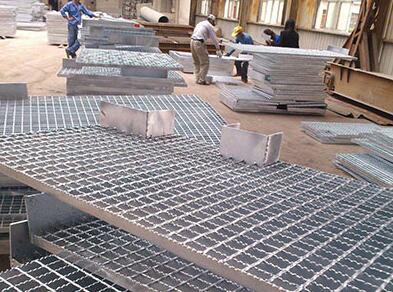Understanding Roofing Coil Nails A Comprehensive Overview
When it comes to roofing projects, the materials you choose can significantly affect the durability and longevity of your roofing system. One essential component that plays a crucial role in securing roofing materials is roofing coil nails. These nails are specially designed for use with coil nailers and are a favorite among roofing contractors due to their efficiency and effectiveness. In this article, we will delve into the details of roofing coil nails, focusing on the number of nails per box, their benefits, and considerations when selecting the right nails for your roofing project.
What are Roofing Coil Nails?
Roofing coil nails are fasteners that are commonly used in the installation of roofing shingles, underlayment, and other roofing materials. Unlike traditional nails, which are typically sold in boxes of individual pieces, coil nails come preloaded in a continuous strip, making them ideal for use in pneumatic nail guns. This design allows for quicker installation, as the user can drive multiple nails in a short period without having to manually pick up and place each one.
How Many Nails are Typically in a Box?
The quantity of roofing coil nails per box can vary depending on the manufacturer and the specific type of nails. However, it is common to find boxes that contain anywhere from 1,000 to 3,000 nails. For example, a standard box might contain 2,000 roofing coil nails. Understanding the number of nails per box is crucial for estimating the materials needed for your roofing project, ensuring you have enough fasteners to complete the job without having to make multiple trips to the store.
Benefits of Using Roofing Coil Nails
1. Increased Efficiency One of the primary benefits of using roofing coil nails is the speed at which they can be installed. With a pneumatic nail gun, a contractor can drive multiple nails in a matter of seconds, leading to a significant reduction in labor time and costs.
2. Consistent Quality Coil nails are manufactured to strict specifications, ensuring uniform size and strength. This consistency contributes to the overall quality and reliability of the roofing installation.
roofing coil nails per box

3. Reduced Waste Using coil nails can minimize waste since they are fed directly into the nail gun. Many systems also reduce the chance of dropping or mishandling nails, which can occur with traditional nail boxes.
4. Versatility Roofing coil nails are available in various sizes and types, making them suitable for different roofing applications. Whether you are working with asphalt shingles, wood shakes, or metal roofing, there is likely a coil nail designed for your specific project.
Choosing the Right Roofing Coil Nails
When selecting roofing coil nails, there are several factors to consider to ensure you choose the best product for your needs
- Material Roofing coil nails are typically made from galvanized steel, which provides resistance to rust and corrosion. Depending on your location and the specific climate conditions, you may want to consider nails with additional coatings for enhanced protection.
- Length and Diameter The length and diameter of the nails are also crucial. Longer nails can provide better holding power, especially in windy conditions, while the diameter can affect how easily the nails penetrate the roofing materials.
- Head Type The head of the nail is designed to hold the roofing material securely in place. Some nails have a larger head for increased holding strength, while others may feature a flush or low-profile design.
Conclusion
Roofing coil nails are an essential component for anyone undertaking a roofing project, whether it's a small repair or a complete roof replacement. Understanding the number of nails per box and the benefits they offer can help ensure that your roofing installation is both efficient and durable. By selecting the right type of coil nails for your specific needs, you can significantly enhance the quality of your work and contribute to the longevity of your roofing system. As always, it's recommended to consult with a professional or refer to the manufacturer's guidelines to ensure you make an informed choice for your roofing project.

















